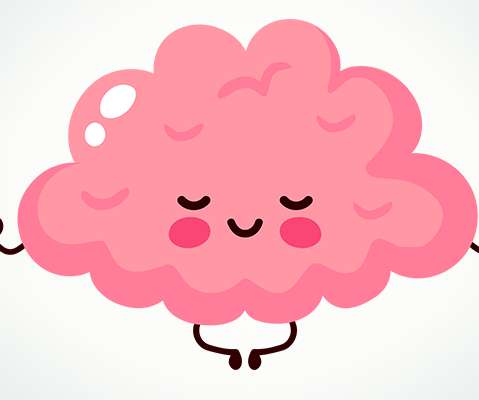How to stimulate engagement in elearning
KnowledgeOne
JUNE 6, 2024
” In active engagement, the learner is an actor in their learning and mobilizes as many of their cognitive skills as possible. Action, trial and error and emotions therefore play important roles in learning,” explains cognitive development and learning specialist Olivier Houdé in his book L’école du cerveau.







































Let's personalize your content